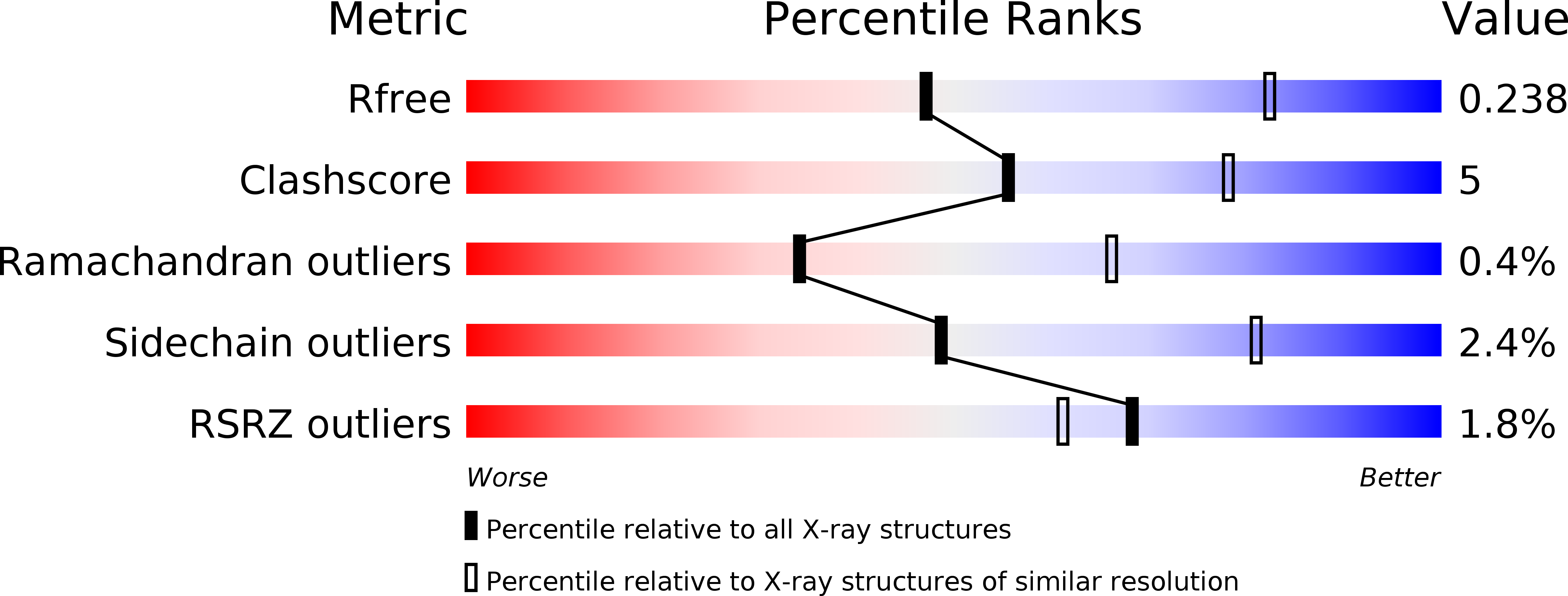
Deposition Date
2014-12-08
Release Date
2015-01-28
Last Version Date
2024-10-16
Entry Detail
PDB ID:
4X6C
Keywords:
Title:
CD1a ternary complex with lysophosphatidylcholine and BK6 TCR
Biological Source:
Source Organism(s):
Homo sapiens (Taxon ID: 9606)
Expression System(s):
Method Details:
Experimental Method:
Resolution:
2.80 Å
R-Value Free:
0.23
R-Value Work:
0.17
R-Value Observed:
0.17
Space Group:
P 21 21 21


